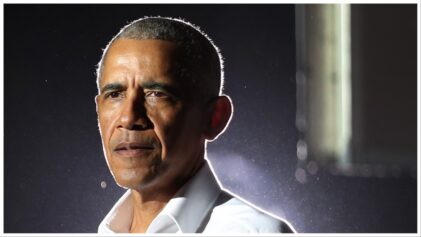The dearth of affordable high-quality preschools is a huge issue in most African-American communities, so the $1 billion public/private investment in building more preschools announced yesterday by President Obama could be a big step toward helping more Black children succeed in school—and helping Black parents secure and sustain adequate employment.
With the federal initiative, the Education Department will give more than $226 million in grants to 18 states to enroll more than 33,000 youngsters in programs, while the Health and Human Services Department will give up to $500 million for Head Start and child care programs for more than 30,000 infants and toddlers.
In addition, the private sector has pledged more than $330 million to preschool projects, including $55 million from Walt Disney Co. and $25 million from the family foundation of J.B. Pritzker, a Chicago businessman whose sister is Commerce Secretary Penny Pritzker.
But Obama said that was not enough, calling on Congress to make more money available for programs. He pointed out major preschool initiatives in Republican-led states like Oklahoma and Georgia and said the federal government can help other states follow their lead.
“They’re not known as wild-eyed liberal states,” Obama said. “But it just goes to show you that this is an issue that’s bigger than politics.”
Researchers and education experts have long touted the benefits of high-quality preschool, particularly for African-American children and low-income children. A report last year from the Center for American Progress revealed how Black 4-year-olds enrolled in preschool programs in Tulsa and Boston made greater academic gains than their white peers.
African-American children in Tulsa made a 21 percent gain in problem-solving skills, compared to white children’s 6 percent gain, while making similar gains in literacy skills, according to the report. Black children in Boston also made stronger gains than their white classmates on three out of 13 developmental assessments.
African-American single mothers and their children may experience the most adverse consequences of unemployment because their earnings constitute a greater percentage of their total family income.



